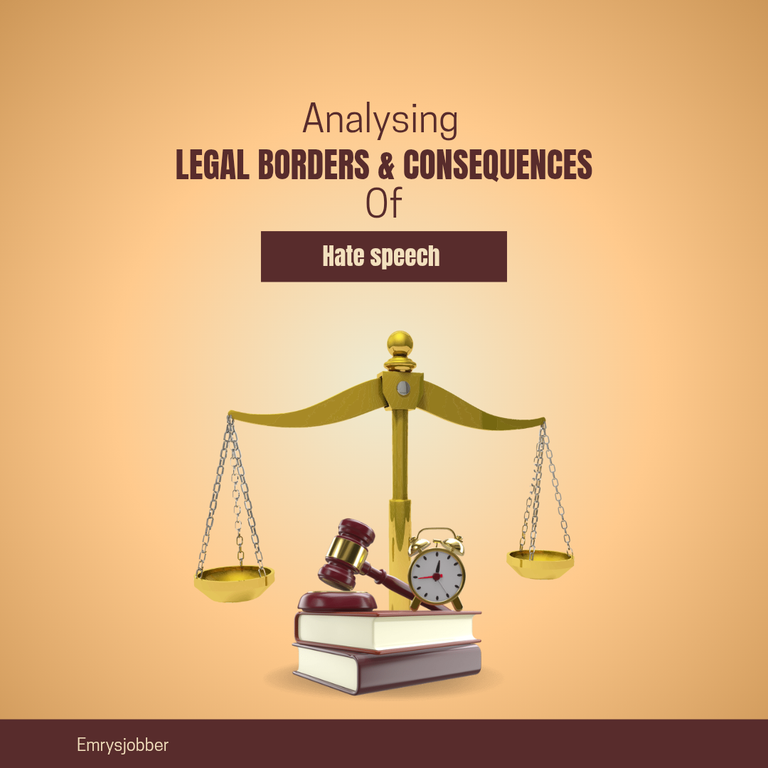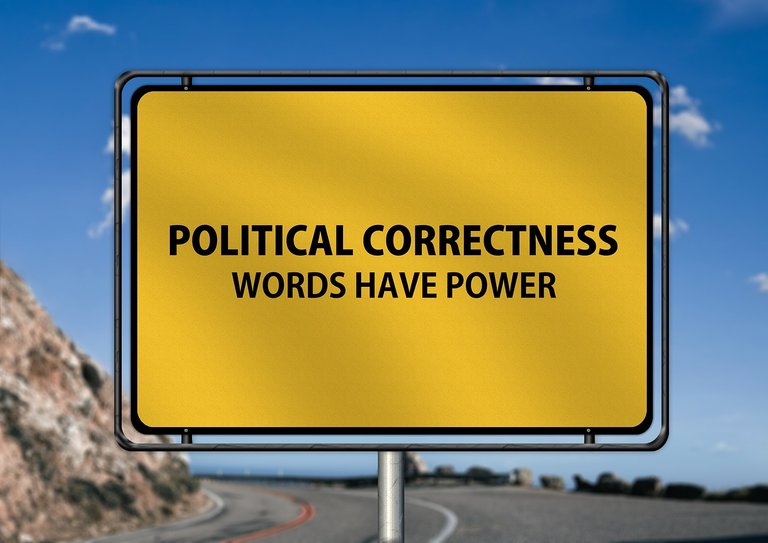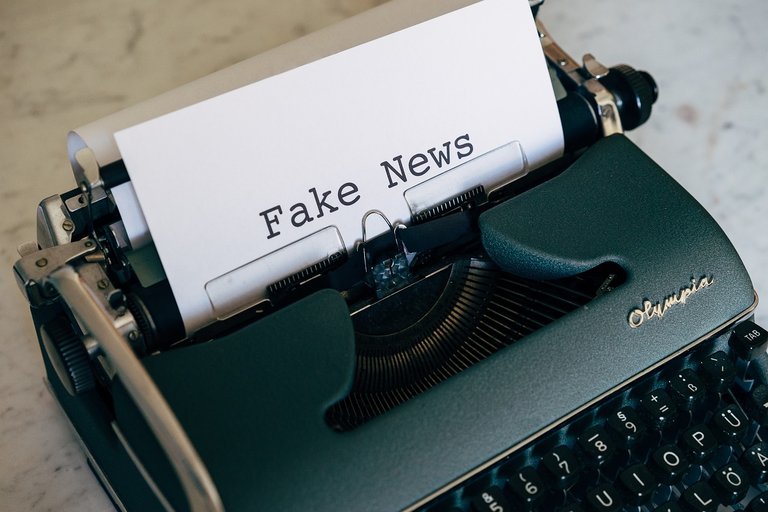
The emergence of the concept of hate speech wasn't so relevant till technological development brought about social media and internet which made it more rampant and potent in our society. In the sense that, for anyone to say anything hateful towards somebody it is mostly physical during a quarrel or probably gossip but with emergence of social media and the likes of it, it has made it easier for anyone to say absurd things about anybody in the name of "cruise" without caring about the impact of such words on the recipient reputation or mental health. The use of hate speech differs while others use it for fun there are others who do it on purpose to damage a person's reputation in public.
Being cognisance of the fact that using statement considered as hate speech can cause harm to people, different social media platforms have come up with all kind of procedure to follow such as reporting the person but there are also cases when a person choose to take other actions beyond the platforms provision. As a person I strongly believe that no one should have the right to go on social media or any public space and start saying anything that pops up in their head especially when the accusation is false. In most cases notable people are usually the target of hate speeches and most times it becomes difficult to take legal actions against people since some entity also consider it as public opinion.
Would it be alright to take legal actions against those that commit act of hate speech against me? Well it depends on the level at which it is done and on what grounds. I can't just go around taking legal actions against anyone that says anything I don't feel good about on social media, I wouldn't want to become another Mr Jonathan Lee. A man who was awarded the highest number of lawsuits in court by Guinness book of records, with a total number of 260 people sued and he won, As in he sues anyone for anything especially on the grounds of defamation. Before I choose to take legal actions against a person for hate speech it wouldn't be something petty, it has to be something capable of causing damage to my reputation, I mean a defamatory statement. Though defamatory cases are not so simple.

Defamation means an "untrue" spoken statement or written which is capable of or considered to have caused injury to a person/persons or an organisation/entity/institution reputation or social/public identity. In the simpler sense, An harmful spoken or written words capable of harming a person or an organisation. Defamation is categorised into two, Libel (written words) & slander (spoken words). Remember I quoted "untrue" in the definition of defamation above, this is where it gets complicated. The concept of truth is subjective and in court the only way to prove something is true or untrue is by backing it up with substantial evidence, which means you might know it is true but have no evidence to support your claim.
Remember I said it depends on the ground the hate speech is committed against me before I consider taking legal actions, based on the explanation I gave above if I actually did something wrong and it warrants someone calling me out in public for it, it would be shameful of me to take legal actions against that person, though I can if I want to because the person might not have substantial evidence to prove his/her claim. Especially if what the person says or published about me is private information regardless of what I have done wrong I wouldn't want to tolerate that.

In some cases the defamatory word might be true based on evidence and facts but the plaintiff (a person that laid a complaint in court/ a person that sues another) might claim that the defamatory word is made of private information, which makes it an invasion of privacy. Then the defendant (an individual being prosecuted or sued in court) will either plead guilty or provide a justification for his/her actions, for example the defendant can claim the information is beneficial to the public, which means he or she is performing public duty by exposing such information. Regardless of the justification or fact to support your claim not everyone escapes being sued for defamation and the consequences are very expensive. Though not every country recognise the importance of taking legal actions against hate speeches, especially in developing countries.
This write-up was inspired by weekly featured content titled "The hate you get" in hive learners community.
Cover image - 𝖣𝖾𝗌𝗂𝗀𝗇𝖾𝖽 𝗎𝗌𝗂𝗇𝗀 𝖼𝖺𝗇𝗏𝖺
Image 1 - Source
Image 2 - Source


 Follow
Follow 


